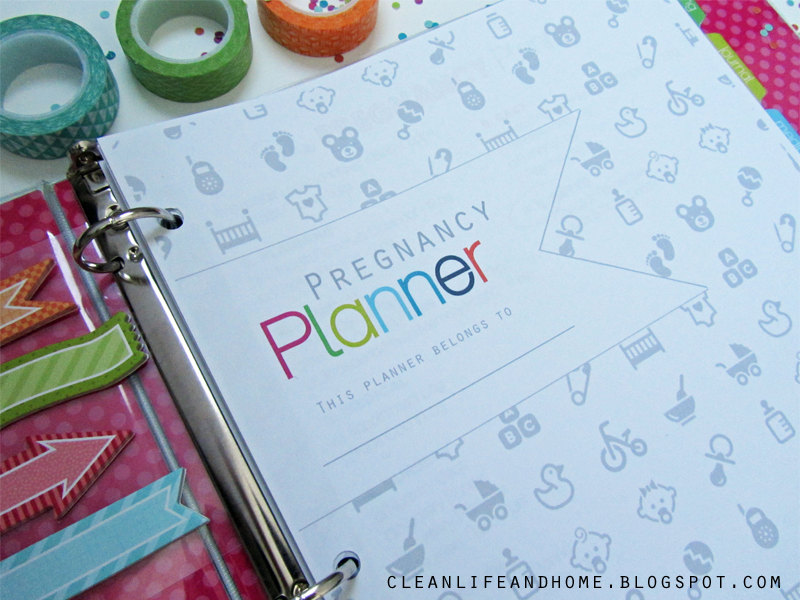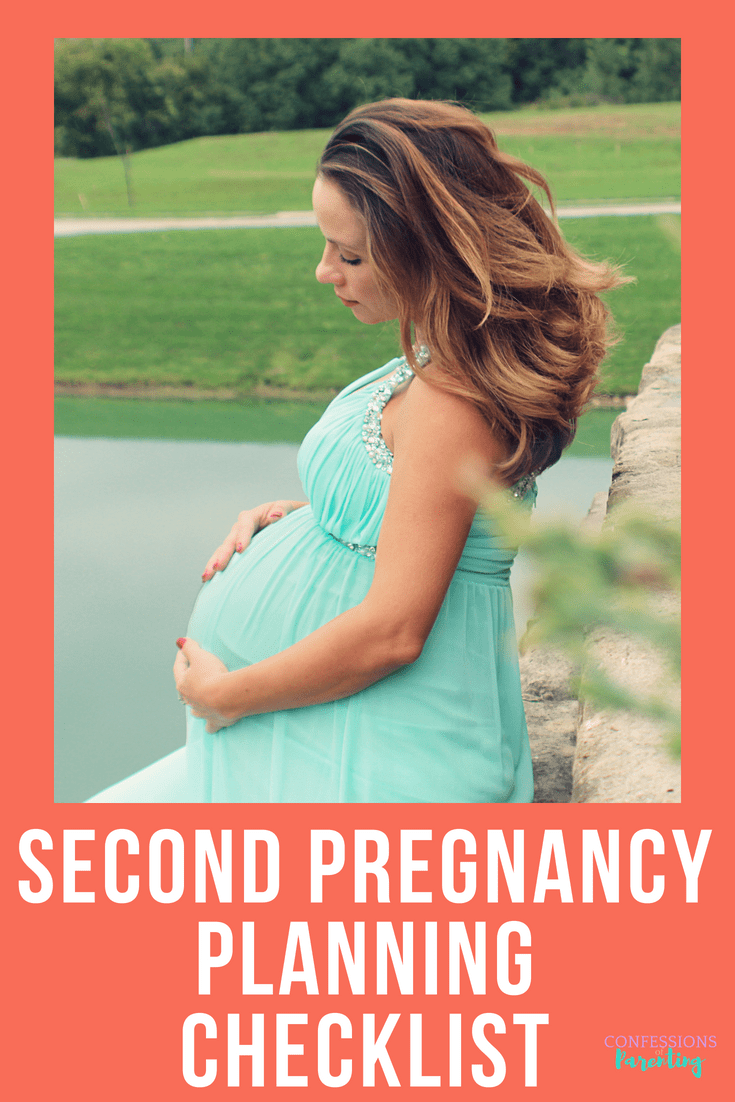Pregnancy Planning

Contents:
- Preconception Planning
- Going to the Professionals
- Analysis and Examinations
- Inoculations
- Checking Your Basal Temperature
- What Should be Done Exactly Before the Conceiving?
Preconception Planning and Pregnancy
Planning pregnancy is the process when a married couple is getting ready for conceiving a healthy baby. It implies that they make a conscious decision to have a baby. The organism of a future mother is fully examined (if there is a necessity, father also undergoes a full examination). All the diseases that may influence health of a future baby are detected and treated. It is also checked whether is a mother able to carry and give birth to a baby.
During the course of pregnancy and labor the organism of a woman and all her organs are subject to significant strain. The heart, liver and kidneys of a woman function twice as much. Nervous, immune and endocrine systems suffer from a great strain. That’s why you’d better get ready for the pregnancy beforehand. You’d better devote 2-3 months to getting ready for pregnancy before it actually happens.
If you plan pregnancy, you may avoid many health problems. Your chances to give birth to a baby and, in particular, give birth to a healthy baby are increased. Ideally, a woman should visit gynecologist, dentist, therapist and ENT specialist beforehand. If there is a necessity to visit niche professionals, you should do it. This way you’ll be able to detect and cure all chronic diseases. Besides, a woman should make tests for detecting any “concealed” infections. You may not notice that these infections are present in your body. However, they may harm your baby. You need to check the hormonal balance, undergo an ultrasonic examination and check the pelvic organs. You also need to undergo all the rest necessary examinations. In some cases, a woman is recommended to get inoculated several months before pregnancy. Most often the inoculation against hepatitis B and rubella is done. This way you may avoid the problems that may occur during pregnancy.
At the same time, there is no need to be very worried if pregnancy occurs but you didn’t plan it. During the first 10 days the fetus is not yet fastened to a wall of the uterus and is not yet connected to the blood circulation of the mother. That’s why all those harmful substances that get in her organism (alcohol, means of medicine etc.) do not get to the baby. Right after the pregnancy is detected, a woman should consult a gynecologist and undergo a full examination so that to detect (and if it’s possible to get rid of) any health problems and get ready for giving birth to a healthy baby.
Going to the Professionals

You need to start planning pregnancy by going to a gynecologist. The doctor will look through the medical record of a woman and find out all the information about previous abortions, cases of pregnancy, means of contraception and diseases that a woman went through and that still exist. After the examination, the gynecologist will give a woman appointment cards various tests and examinations. If he or she suspects that there are any current health problems, he or she will recommend you going to the specialists that can help you (an endocrinologist, a surgeon, an allergist etc.).
Then, it is recommended to visit a therapist. The aim here is to diagnose and cure any chronic diseases that may make the course of pregnancy more complicated. In order to detect and get rid of a chronic infection there is a need to visit an ENT specialist and dentist.
If there are any hereditary illnesses in the family of a woman (Down's syndrome, muscular dystrophy, Alzheimer's Disease, Huntington chorea etc.) or cases of a stillborn baby, there is a need to consult a geneticist. A geneticist is able to carry out special examinations in order to detect genetic deviations and give an opinion on whether it is possible to give a birth to a healthy baby.
Analysis and Examinations
Every woman who plans to conceive a baby is recommended following the rules given below:
- complete blood count and biochemical blood assay;
- a test to define the blood type and rhesus-factor (of both – a mother and a father);
- clinical urine analysis;
- samples and a blood test to detect any infections of reproductive tracts: PCR (clamidiosis, ureaplasmosis, mycoplasmosis, gonorrhea, candidiasis (thrush). Both the parents should do this;
- blood test to detect any antibodies against rubella, toxoplasma, herpes, CMV, HIV, RW, hepatitis B and C viruses;
- blood test to define the level of sugar;
- coagulogram (in order to define the blood coagulability);
- colposcopy (in order to evaluate the condition of the vagina and the neck of the womb);
- pelvic organs ultrasonic examination (in order to evaluate the condition of the uterus and the ovaries).
Additional examinations:
- If periods do not come regularly, if there are any problems with conceiving and there are any previous cases of abortion, a woman is told to make a blood test to detect the sexual hormones.
- Tests on pancreas gland hormones, hormones of adrenal gland and other hormones may be told to do on the recommendation of an endocrinologist.
- If a woman is unable to carry the baby till the labor or there is a case of infertility, it may be necessary to detect lupus anticoagulants, antibodies against chorionic gonadotropin, antibodies against phospholipids, TPO antibodies, TSH receptor antibodies and other examinations.
- Immunological examination.
Inoculations

- In case, when a woman hasn’t ever been ill with rubella and there are no antibodies against this illness, it is recommended to get inoculated against this (this should be done at least 3 months before pregnancy). The reason for getting inoculated is that if a woman get’s ill with rubella during the course of pregnancy, it may lead to various disorders in the formation of the baby and other disorders.
- Besides, it is recommended to get inoculated against hepatitis B.
- You need to additionally get inoculated against tetanus, diphtheria and flu.
Checking Your Basal Temperature
A woman is recommended checking her basal temperature for several months. All the data should be presented in the form of a graphic that you need to show to your gynecologist. On the basis of this graphic your gynecologist is able to diagnose a number of disorders and assign to you a more thorough examination if necessary.
What Should be Done Exactly Before the Conceiving?
If everything is fine, you may start getting ready for conceiving. A married couple is recommended to not take any drugs during 2-3 months (without consulting your gynecologist beforehand). Smoking is forbidden. At least, you should try reducing the number of cigarettes you smoke per day, start smoking light cigarettes. You shouldn’t drink alcohol (not more than 100 ml. of wine per day). You shouldn’t drink too much coffee, or eat too much fruits and vegetables. Do not take hot baths, do not visit saunas or bathhouses. Try to not get ill.
3 months before the planed date of conceiving, a woman should start taking folic acid vitamins. Now you can stop using contraceptives and go on to the process of conceiving. According to statistics, a healthy couple that has sex 2-3 times a week and doesn’t use contraceptives, needs the period from several months to 1 year to conceive a baby. Therefore, you shouldn’t worry if it didn’t work out the first time you had sex. This may be connected with the fact that you’ve recently taken hormonal contraceptive pills. Maybe, there was also stress, a change of a lifestyle etc.
If pregnancy doesn’t occur after a year has passed, you need to consult your gynecologist. Modern medicine is able to help not only in a case of a woman’s infertility, but also a man’s infertility. Finally, you may also consider the methods of artificial insemination (extracorporal fertilization, ICSI etc.).